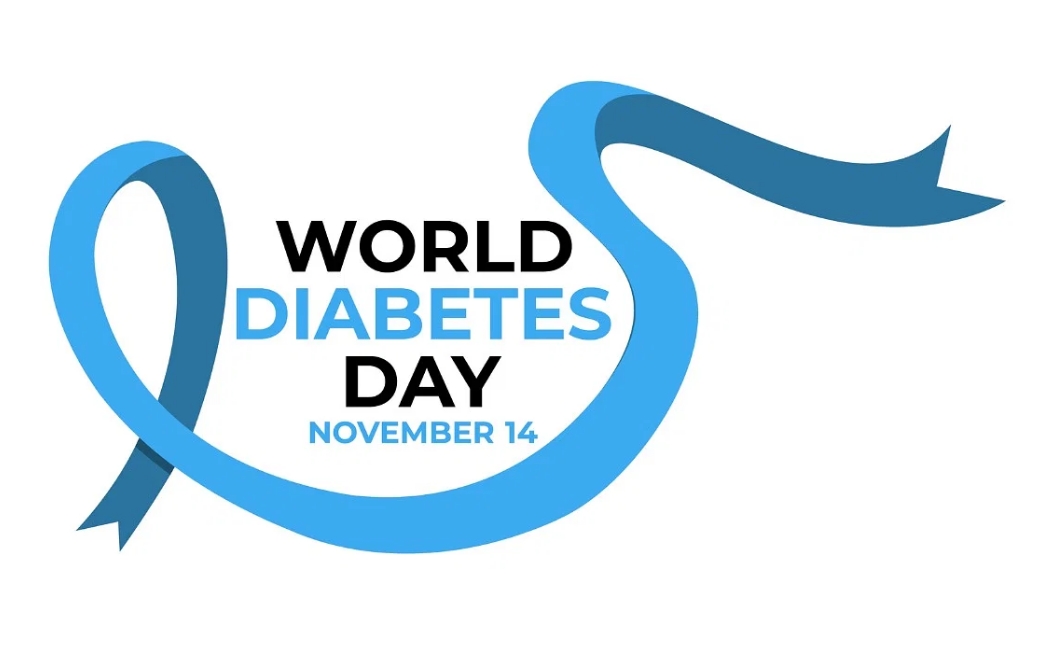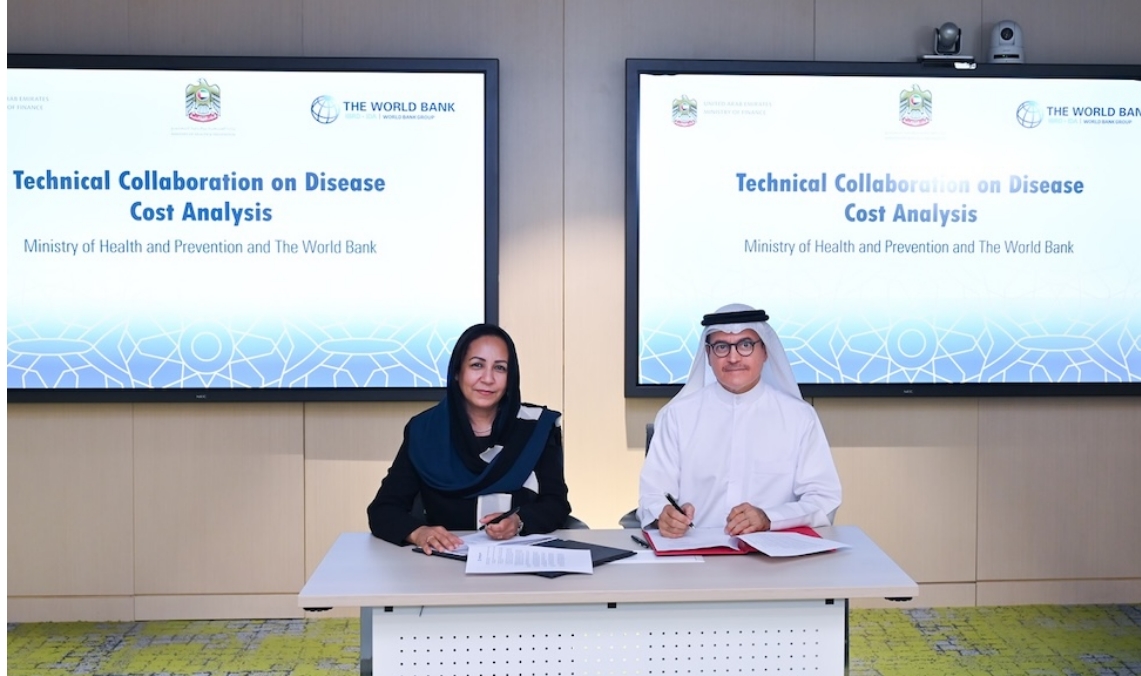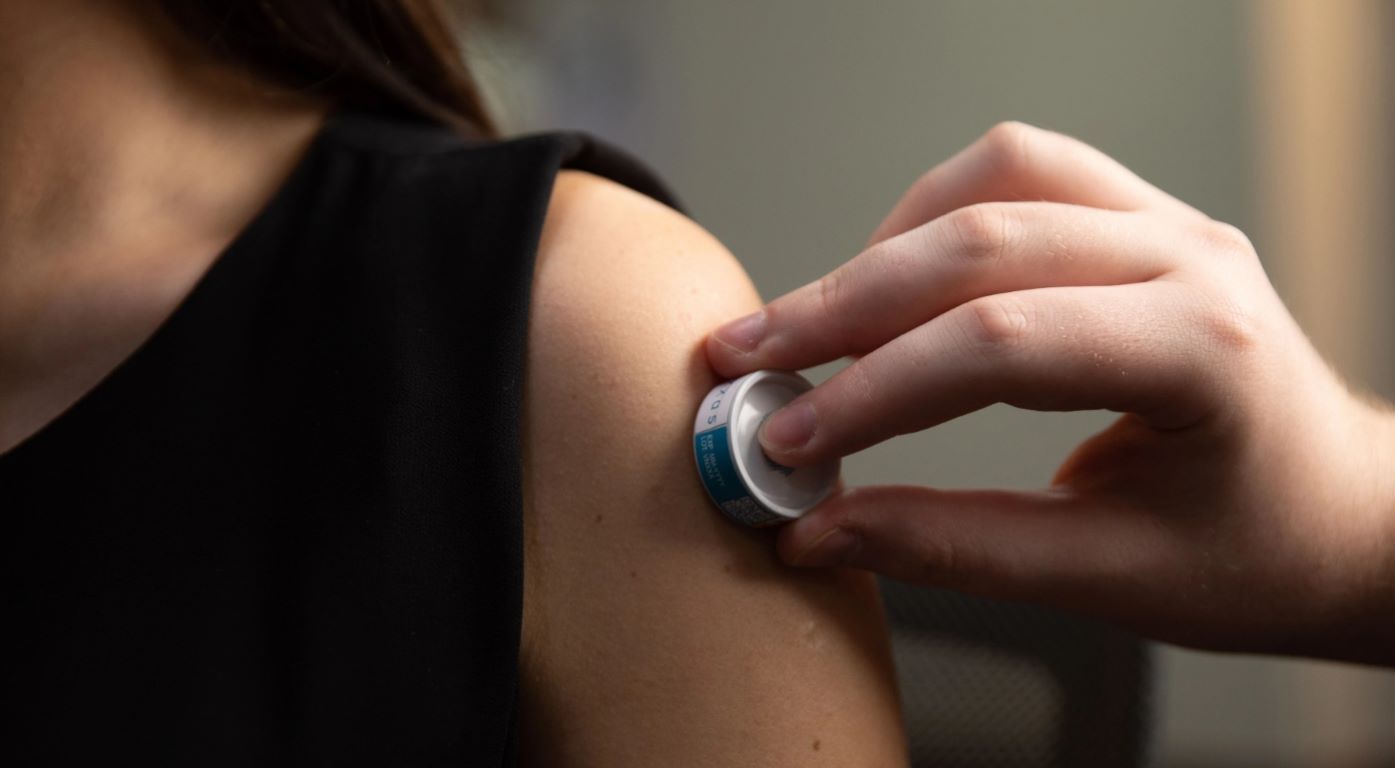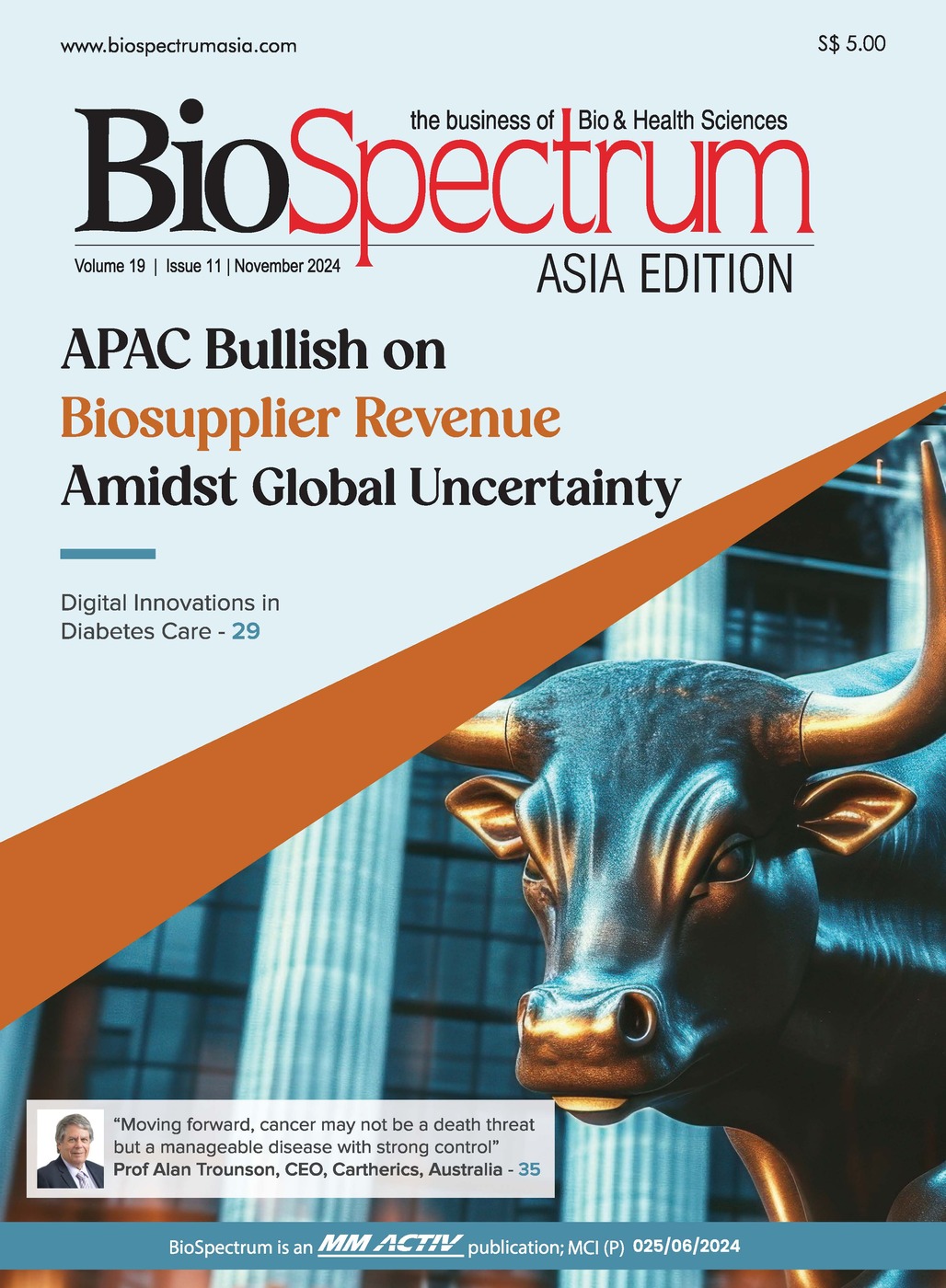Immunoscore test quantifies immune response to predict Colon cancer
05 March 2020 | News
The immune response is now part of the Essential and Desirable Diagnostic Criteria for Colorectal Cancers in the 5th edition of the WHO Classification of Tumours

Photo credit: Twitter
The World Health Organization (WHO), in its latest edition of the Digestive System Tumours (5th edition), introduced immune response as essential and desirable diagnostic criteria for colorectal cancer. Commercialised by HalioDx in more than 20 countries for patients with localized colon cancer, Immunoscore® is an in vitro diagnostic test quantifying the immune response for predicting cancer recurrence and personalizing care decisions.
The standardized method used in the SITC validation effort (i.e. Immunoscore®) is referenced in the WHO Classification of Tumours, 5th edition, as the most recent evidence of the immune response prognostic power in colon cancer (Pagès et al. Lancet 2018). Immune response assessment is now an essential complement to the traditional TNM* staging system in colon cancer, Immunoscore® being the reference assay for its evaluation.
Dr Jérôme Galon, the inventor of Immunoscore® says: “The introduction of the Immune response assessment for colon cancer patients in the WHO classification rewards 15 years of translational research efforts on Immunoscore® with a significant impact on standard of care. This effort is a collective success including numerous French and international collaborators. We are now investing significant efforts in demonstrating Immunoscore® clinical utility, beyond colon cancer, in a broad range of indications”.
Vincent FERT, CEO of HalioDx, comments: “The recognition by the WHO board of the importance of the immune response assessment in colorectal cancer is a key landmark for Immunoscore® and HalioDx. It supports our efforts to make this outstanding technology available to improve cancer care worldwide.”
The work on Immunoscore was initiated at the French National Institute of Health and Medical Research (INSERM) (Galon et al Science 2006), and it’s international validation supported by the Society for ImmunoTherapy of Cancer (SITC).











